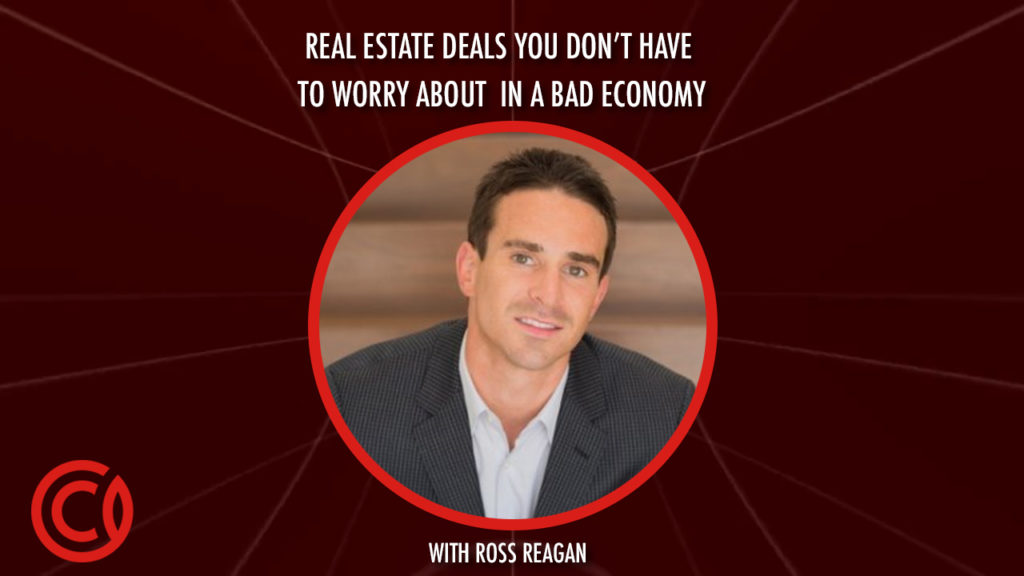Some entrepreneurs want to build an online business they'll be involved with for the long haul. Others look to build Internet empires and exit them, cashing in on site after site.
But what happens when you decide to flip your online empire to the wrong buyer?
How to Build an Audience: From Building for Yourself to Building to Flip
Justin Cooke used to build profitable online businesses as his day-to-day job. These sites turned in a profit. Nothing massive though; up to four figures monthly.
One day, Justin and his partners realized they wanted to scale this work into something more. So he thought, maybe I could sell these businesses for a profit.
Justin soon realized that there’s a huge market for online businesses. Some of these companies were turning in 6-figures per year. So Justin and his colleagues stopped building sites themselves, as they had stumbled into a new niche full of opportunity.
Some online businesses are straightforward. They put valuable content online for free, and monetize their audience through Google AdSense advertisements or Amazon Affiliate links.
Some are e-commerce, dealing in physical or software-based goods. Some provide services. There are a wide variety of businesses in this space. Justin sells them all on his marketplace, Empire Flippers.
Before You Sell, Know Your Buyer Persona
To better understand who he should sell certain online businesses to, Justin and the Empire Flippers team came up with different names for the types of buyers they often see in their marketplace.
To these names, Justin developed buyer personas, or avatars, to truly understand what their needs and wants are in business and lifestyle. These factors help Justin and the Empire Flippers team filter through right and wrong buyer opportunities. That way they can make the most effective, highly profitable deals.
Here are Empire Flipper's 3 Buyer Personas:
- "Portfolio Paul" — Paul has quite a bit of experience dealing in online businesses. He owns 12-to-36 websites and buys and sells online businesses on a regular basis. For Paul, websites are commodities; they’re assets he can harness for passive income.
- "Lifestyle Larry" — Larry’s an executive or mid-level manager looking for something different. He wants to break away from his cubicle, and dreams of working five-to-ten hours a week on a website, spending the rest of the time relaxing on a beach.
- "DIY David" —David likes to get his hands dirty. He wants to run a business and scale it up all by himself.
Walk in Your Buyer's Shoes: Thinking Like "Portfolio Paul"
Let’s put ourselves in Portfolio Paul’s shoes for a bit. We’ve got cash and want to buy some websites for passive income.
Assume we don't yet have a team to manage these websites once we buy them. Well, we could learn how to do it ourselves. But we don’t really want to. We’re looking for passive income here.
We could instead find some people who have a track record of success in operating online businesses and partner with them as an investor.
This is a lot like real estate investing. A passive real estate investor doesn’t want to shovel snow, deal with renovations, or arrange for lawn-mowing services. Instead, they hire property managers to deal with all of that for them.
How Buyers Finance Online Business Purchases
Right now, Just says there’s not too much in the way of debt financing for the purchase of online businesses. He anticipates that more financing options will be available in the next five years.
Justin also sees changes to deal structuring, which will affect the sales multiples of these businesses. Currently, sales of online businesses come in at around 20-to-35 times their net monthly profits. This could go up to 36-to-48 times net monthly profits in the future.
Expect an increase in 7-figure sales, Justin says, as well as private equity firms buying up clusters of 6-figure websites. These firms will roll-up these businesses, which would operate in a similar field, to sell them as a package deal for even higher multiples.
MORE INVESTING STRATEGIES ON CAPITALISM.COM:
• How Automation Will Change Investing Forever
• How A First Time Investor Can Get Started in Real Estate
• The Investor’s Playbook: Real Estate Deals You Don’t Have To Worry About In A Bad Economy







